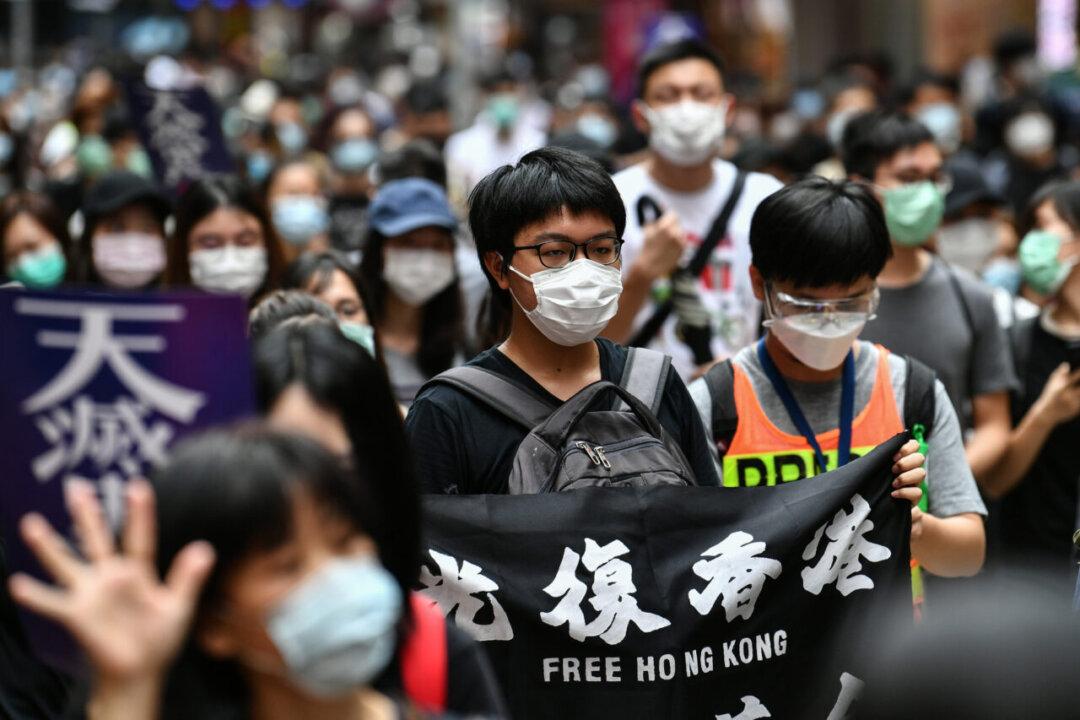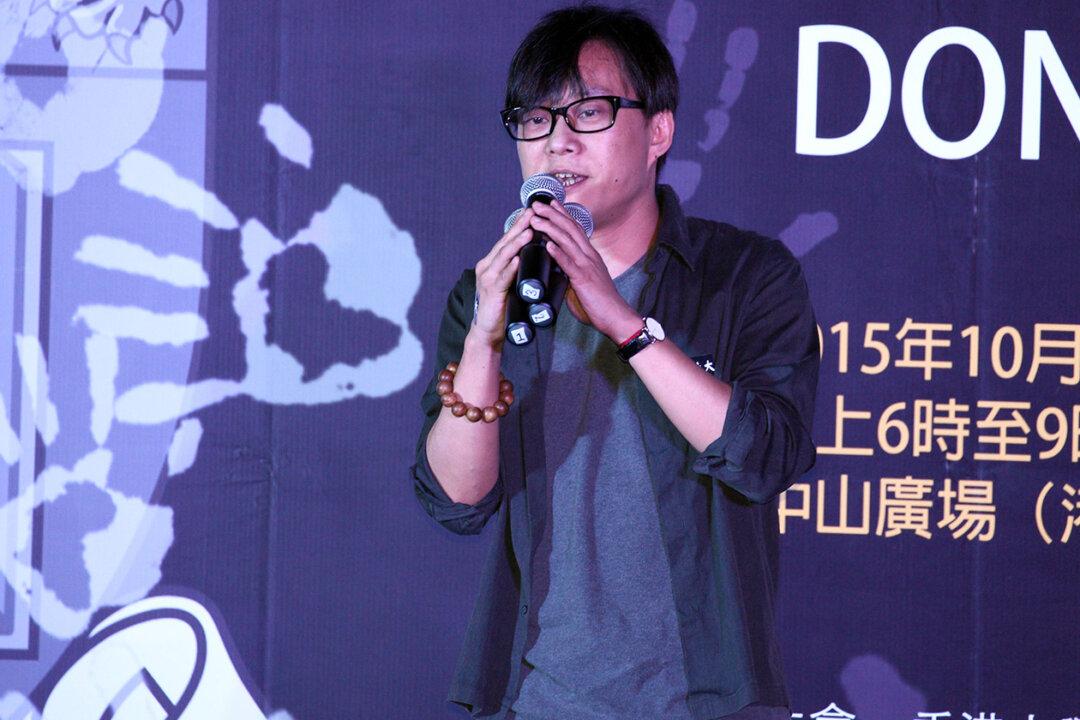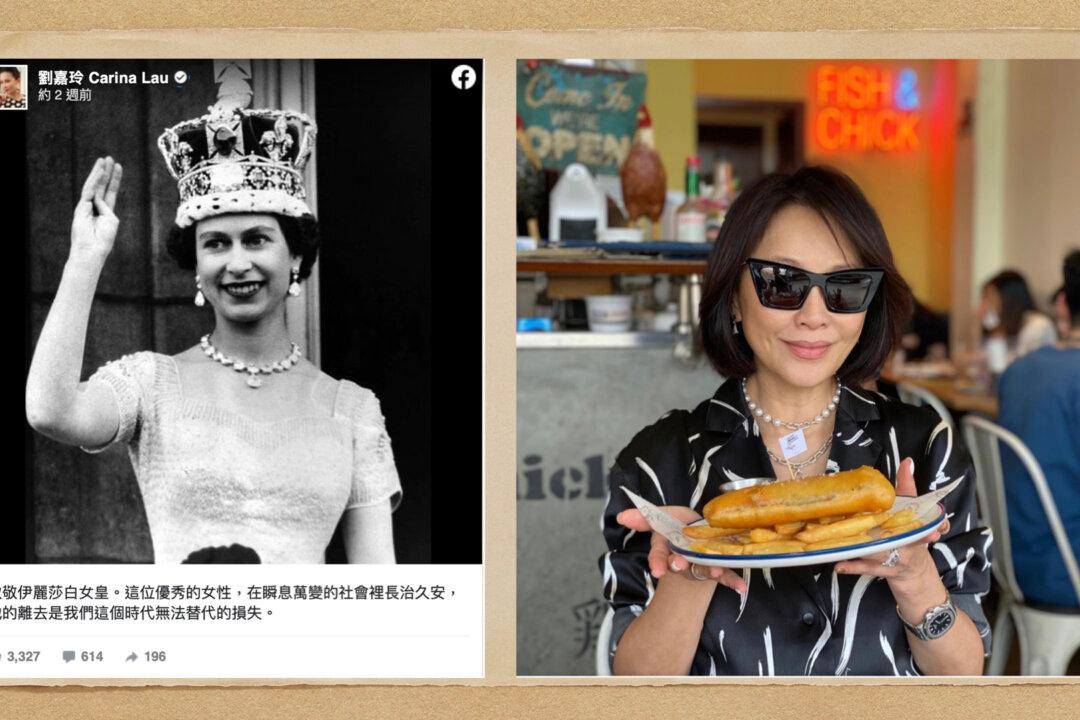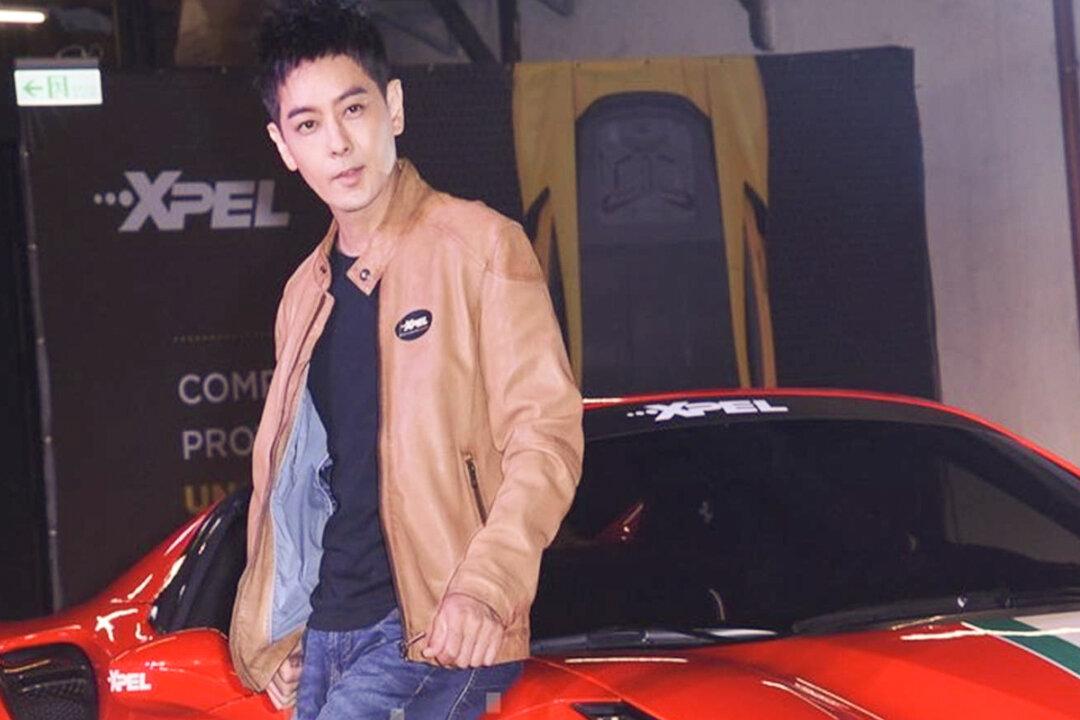Since China’s rubber-stamp legislature passed the Hong Kong national security law, protests and countermeasures have been heard and issued around the world. However, a petition in support of the security law was circulated on the internet on May 29. Netizens question the veracity of the petition purportedly signed by local celebrities. Hong Kong martial artist and Hollywood film director Jackie Chan signed the petition. And it also included the names of deceased celebrities.
Protesters took to the streets after Beijing enacted the national security law for Hong Kong. On May 28, a joint statement to denounce the Chinese Communist Party (CCP)’s actions to destroy freedom, democracy and rule of law in Hong Kong under the “one country, two systems” was supported by a group of local artists. More than 1,000 people have signed the joint statement, and a press conference was held to voice their opposition to the national security law. Signatories include musician Adrian Chow, singers Anthony Wong and Denise Ho, Hong Kong film director Kenneth Ip, and columnist Tang Siu Wa.



